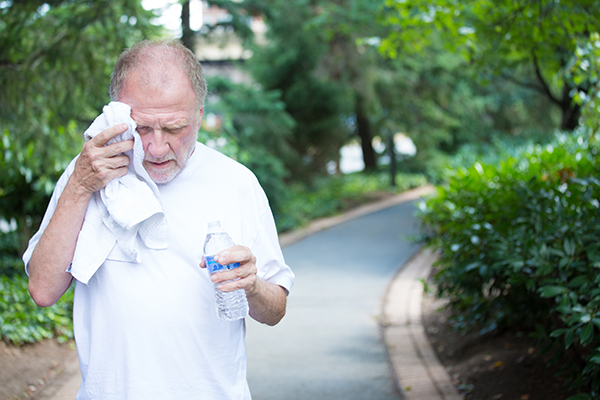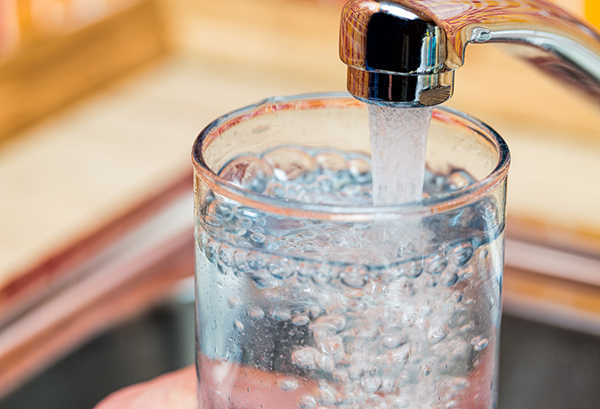May 7th, 2019

Are you drinking enough water? As warmer weather approaches, summer sun, hot temperatures, and a more active lifestyle become more common. It's recommended that you stay hydrated, especially in hot weather or when engaging in intense physical activity. Staying hydrated not only boosts your immune system, but it can help prevent other injuries, such as orthopedic injuries. OrthoAtlanta explains some surprising links between dehydration and orthopedic injuries in this article.
Dehydration and Orthopedic Injuries
Your risk of heat cramps increases when you aren't properly hydrated. As your body loses water during physical activity, your muscles can become tense. This interferes with your athletic performance and can make you more likely to injure yourself. Muscle strains, tears, and bone fractures are common effects of exercising with tense, cramped muscles.
Dehydration can also lead to heat exhaustion. This occurs when your body develops a sudden increase in body temperature. You can become dizzy, fatigued, and even have headaches. All of these can make it difficult for your body to function and move properly, increasing your risk of orthopedic injuries. Hydration can prevent the body from overheating.
Challenges to Staying Hydrated
It can be tough to stay hydrated when you're active, but it's extremely important to keep a good supply of clean water with you, even if you're engaging in low-impact exercises like walking or yoga. Athletes can lose up to 3 quarts of water per hour as they exercise.
While many athletes drink sports drinks, coconut water, and other alternative sources of hydration, water is your best bet. There's no added sugar or calories in plain water.
Here are some helpful tips from orthopedic doctors for staying hydrated as you exercise and decreasing your risk of dehydration-related injuries.
How to Stay Hydrated
Drink plenty of water before you exercise. Orthopedic doctors recommend drinking about 20 ounces of water up to 2 hours before starting an exercise or spending time in a hot environment.
While you exercise, you should drink up to 10 ounces of water every 20 minutes. This is essential because you may not notice signs of dehydration while you exercise. If you start to feel dizzy or lightheaded, this can be an indicator that you're not drinking enough water.
After you're finished exercising or playing a sport, drink about 8 ounces of additional water. Your body will need to rehydrate to prevent cramps.
Finally, remember to listen to your body. Your body will inform you if you're dehydrated. If you're dizzy, fatigued, nauseous, or cramping, stop exercising immediately. Get some water and rest to prevent your risk of injuries. These warning signs inform you that it's time to rehydrate.

Treating Orthopedic and Sports Injuries
Staying hydrated keeps you healthy and prevents injuries. Pay attention to your body when you are feeling symptoms of dehydration, especially if you're exercising, working out, playing sports, or doing manual labor that involves strenuous movements of your body and joints.
Orthopedic and sports injuries can be painful and can even interfere with your ability to do everyday tasks. If you think you're suffering from an orthopedic or sports injury, make an appointment with an orthopedic doctor today. If you need a doctor who specializes in orthopedics in Atlanta, contact OrthoAtlanta.
Back






